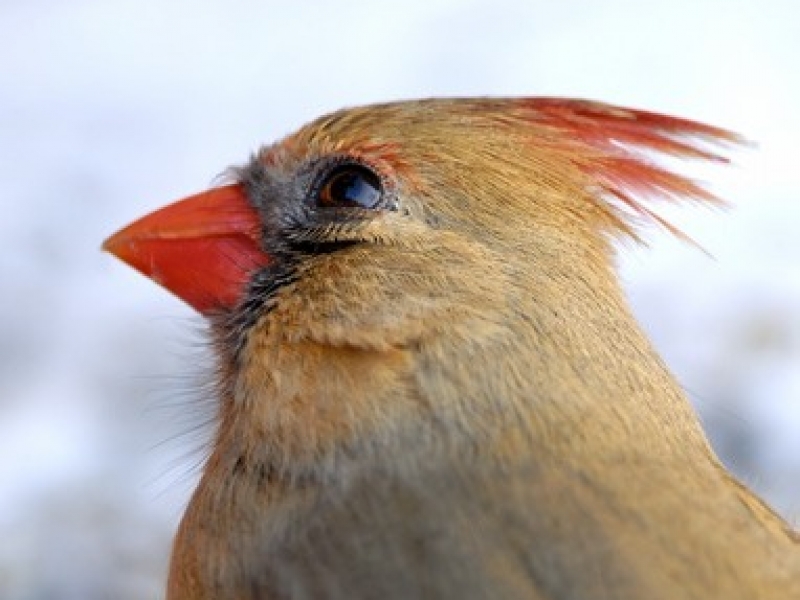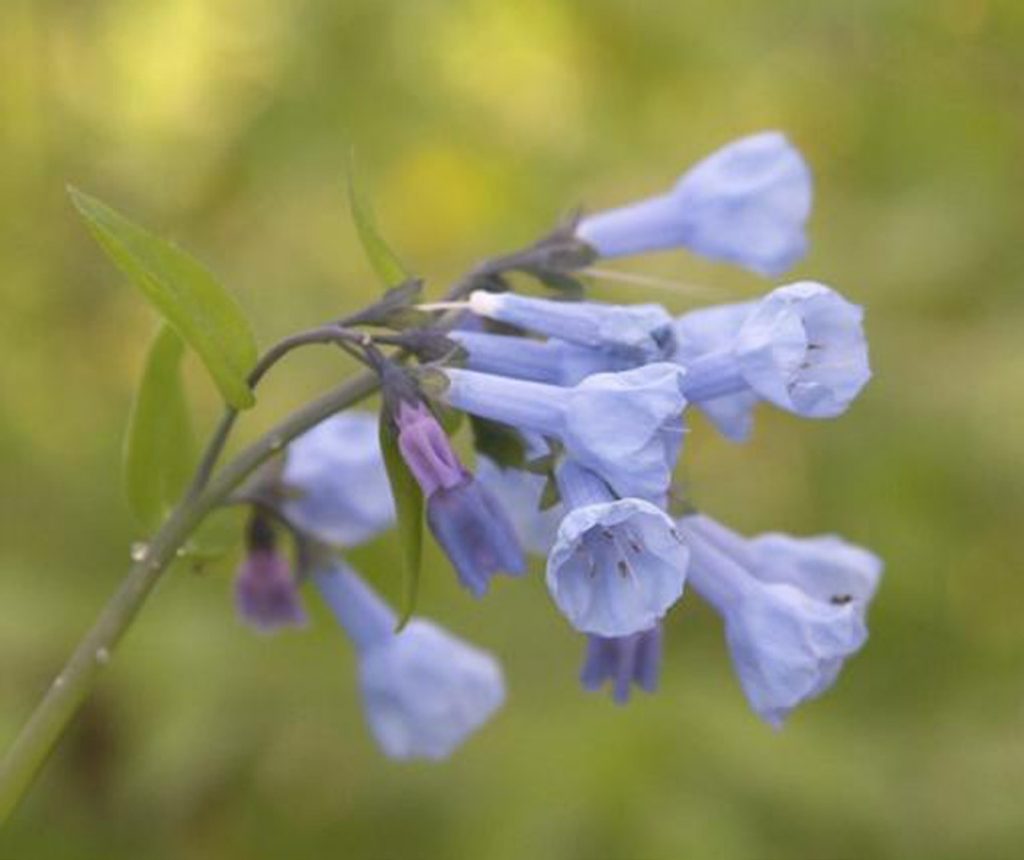Linking Landscapes Initiative
Linking Landscapes refers to the conservation, creation, maintenance, or rehabilitation of corridors of natural habitat to facilitate the movement of plants and animals across the landscape.
Application/Vision
Through its Linking Landscapes — A Natural Areas Network Initiative, the Linn Conservancy and its affiliate, Buffalo Creek Watershed Alliance (BCWA), are engaged in work to establish and maintain connections within the landscape in order to enhance the resilience of protected areas and to halt the loss of biodiversity.
This long-term strategic initiative will examine existing ecological connections among our region’s protected areas and then strive to establish new connections and adjacencies among these sites regardless of ownership and whether or not they are currently protected. This may happen on varying scales through cooperative efforts with state, county and local government agencies, other land trusts, like-minded organizations, businesses, community groups and individuals.
Homeowner Involvement
No space is too small. Homeowners can play an important role by increasing connectivity across their properties with the addition of wildlife-friendly native plants. A colorful diversity of birds, butterflies, bees and more will be attracted to your space. There are opportunities for everyone in our region to improve habitat connectivity and ensure the continued biodiversity of the species that make our area unique. For more information about Native Plant Gardening visit our Go Native! website and read:
- Bringing Nature Home by Doug Tallamy
- Ten Elements of Natural Design by Larry Weaner
Landscape connections are absolutely crucial for the well-being of all organisms that live in our human-fragmented landscapes. Creating linked landscapes, or ecological connectivity, offers the greatest probability of maintaining biodiversity. Improved linkages can lessen the negative impacts of factors like habitat fragmentation and climate change while increasing nature’s resilience in light of environmental changes.
Thoreau and the Loss of Plant Biodiversity
Henry David Thoreau is best known to many for his book Walden in which he writes about living simply and alone for two years in a little cabin he built on Walden Pond outside Concord, Massachusetts. But biologists and other scientists find Thoreau’s work as a naturalist most compelling.
Thoreau laid the groundwork for a study of biodiversity and the effects of landscape fragmentation when he began documenting Concord’s wildflower species in 1851 when the area was largely undisturbed. Boston University biology Professor Richard Primack and colleagues surveyed the highly fragmented Concord area 150 years later and found that 27% of the native species recorded by Thoreau were now gone. Another 36% of the species that Thoreau recorded are found today in only one or two populations. Consequently, these latter species are now highly vulnerable to extirpation.
Numerous other studies done in a wide variety of habitats and with a multitude of organisms have made the same conclusion– that isolated small patches of habitat cannot preserve or maintain biodiversity. The bottom line is that habitat patches require connections to similar habitats and that developing and maintaining landscape connections must be central to conservation efforts.
Linking Landscapes Resources
For additional information about how you can contribute to the Linking Landscape — A Natural Areas Network Initiative on your property, check the following resources:
Penn State’s College of Agricultural Sciences www.cas.psu.edu for these publications:
- Vernal Ponds: Seasonal Habitats for Wildlife
- Water for Wildlife: Bird Baths and Backyard Ponds
- Attracting Wildlife: Sources of Assistance
- Meadows and Prairies: Wildlife Friendly Alternatives to Lawns
Certify Your Pollinator Friendly Garden through Penn State Extension: www.ento.psu.edu/pollinators
For a listing of native plants, native plant nurseries, garden templates and more: www.iConservePA.org
National Wildlife Federation’s Backyard Wildlife Program: www.nwf.org/Wildlife.aspx



